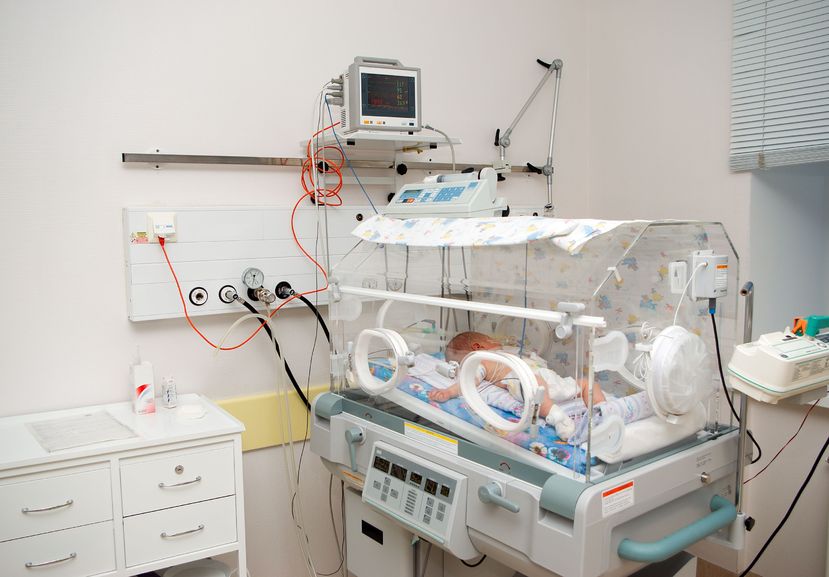Premature Babies Complications
This is good news inasmuch as we’ve learned how to effectively deal with many of the complications preterm children are faced with. Still, we continue to find out more about what can lead to premature babies’ complications.
The major health concerns for premature babies are related to the lungs, heart, brain, and intestines. Of these, lung concerns are the most prevalent due to the fact that the lungs require a full 40 weeks of gestation to completely develop. Heart and brain complications are also serious, but not necessarily as widespread as lung problems.
Pre-Delivery Problems That Cause Complications
It is helpful to separate the causes of complications for preterm babies into those that occur prior to delivery and those that occur after. Preterm causation is relatively easy to understand from a medical standpoint, but not necessarily easy to prevent.
For example, we have already mentioned complications that arise as a result of the lungs not being fully developed at birth. Underdeveloped lungs can cause an extensive list of breathing problems including respiratory distress syndrome and apnoea. In cases where labour begins prematurely, doctors tend to make every effort to implement steroid therapy in the hope of encouraging the lungs to more fully develop.
Another pre-delivery causation of premature babies’ complications is low birth weight. Low birth weight can lead to certain kinds of birth defects related to childhood development. It can also cause certain kinds of infections due to the body’s inability to effectively fight bacteria, viruses, and other pathogens.
Post-Delivery Problems That Cause Complications
The number of things that can cause complications post-delivery are not nearly as numerous. They are also more easily identified and addressed by healthcare teams. One example is jaundice.
Nearly half of all babies born in the UK are born jaundiced to some degree. Jaundice is considered a rather minor condition that can be effectively treated with phototherapy. However, some premature babies do not respond to treatment so well. They continue suffering from jaundice weeks after delivery. This can lead to complications in the future.
Feeding problems are another potential concern relating to premature babies’ complications. A child who cannot properly feed is one who will have to be fed through a tube. The danger is related to an inability to thrive. This means that the baby does not put on weight quickly enough despite being fed through a tube with either breast milk or specialised formula. A failure to thrive can lead to future complications.
There are a number of different things that can lead to future complications for the premature baby. Fortunately, medical science has become very adept at recognising potential problems for the purposes of addressing them as quickly as possible. Indeed, the long-term outlook for premature babies is better than it has ever been before. Parents can take comfort in that.

